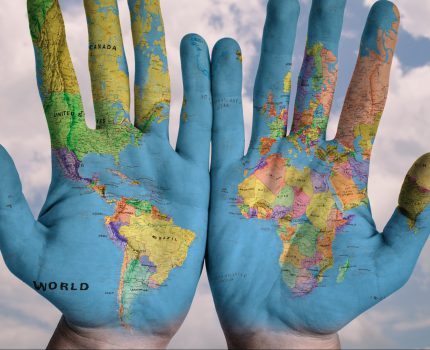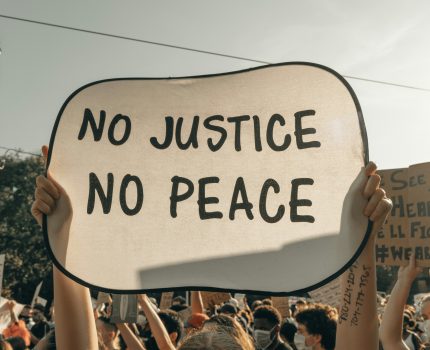Remote Mental Health Support in Conflict-Affected Areas
In war-affected countries, over half the population experiences mental health conditions such as depression, PTSD, and anxiety, yet only 10% receive the necessary therapeutic support (Alghazo & Premuda-Conti, 2024, p. 607). While the psychological toll on soldiers is extensively documented, non-refugee civilians who remain in conflict zones also face these …





